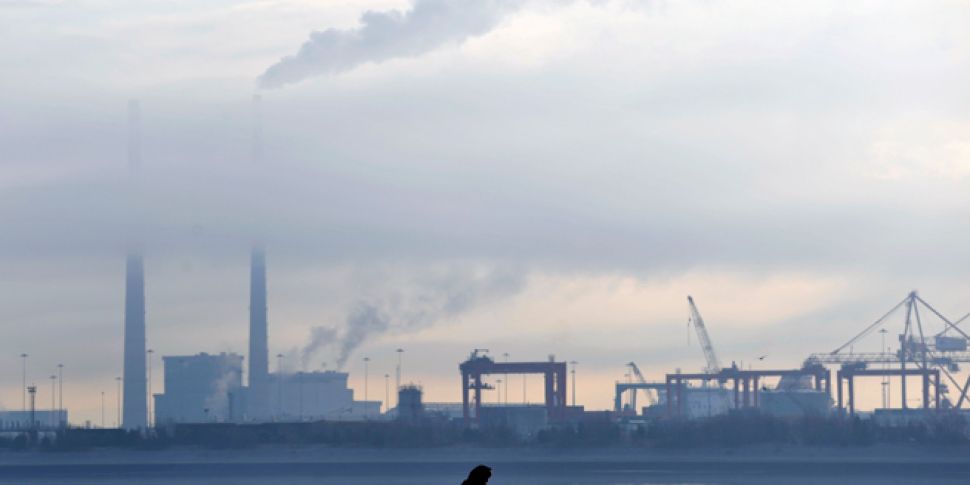The UN Secretary-General Ban Ki-moon has hailed the outcome of a United Nations-backed climate conference that has concluded in Lima, Peru.
The deal - struck by most of the world's countries - paves the way for a global pact on it next year.
However, environmentalists claim it has been watered down so much, it will have little impact on greenhouse gas emissions
Andrew Pendleton from Friends of the Earth says the commitment of a few billion dollars to tackling climate change is a drop in the ocean:
After late-night wrangling, delegates from more than 190 nations meeting in Lima adopted a format for national pledges to cut greenhouse gases and approved a blueprint to guide negotiations for the Paris pact in December 2015.
"As a text it's not perfect, but it includes the positions of the parties," said Peru’s environment minister, Manuel Pulgar-Vidal, who was the conference chairman.
The hard-fought agreement - dubbed the Lima Call for Climate Action - was reached hours after a previous draft was rejected by developing countries who accused rich nations of shirking their responsibilities to fight global warming.
The two-week talks overran by 32 hours after the delegates failed to reach a consensus by the end of the session.
While hailing the Lima agreement as one that "unites all nations", UK Energy Secretary Ed Davey warned there was a lot of work to be done before the Paris summit.
The European Union welcomed the outcome of talks as a "as a step forward on the road to a global climate deal in Paris next year."
But environmental campaigners said it was a step backwards in protecting poor countries from catastrophe.
Samantha Smith of the WWF conservation group said of the successive drafts: "We went from weak to weaker to weakest."
And Alden Meyer of the US-based monitoring group Union of Concerned Scientists said the deal was "definitely watered down from what we expected".
Voluntary commitments
Due to take effect in 2020, the Paris pact aims to limit global warming to 2C (3.6F) over pre-industrial levels. At its heart is a roster where all nations enter voluntary commitments to reduce their carbon emissions.
But the Lima deal came after a rebellion by developing nations like India and China, who warned tougher measures would put an unfair burden on them.
The final draft apparently alleviated those concerns, with language saying countries have "common but differentiated responsibilities" to deal with global warming.
"We've got what we wanted," said Indian environment minister Prakash Javedekar, who said the text preserved the notion enshrined in a 1992 climate convention that the rich have to lead the way in making cuts in greenhouse gas emissions.
Historically Western nations have been the biggest greenhouse gas emitters but now developing nations are pulling ahead, as they grow their economies and lift millions out of poverty, meaning China is now the biggest greenhouse gas emitter ahead of the US, the EU and India.
The main goal for the session in Lima was to agree on what information should go into the pledges that countries submit for the summit in Paris.
But the deal weakened language on the content of the pledges, saying they "may" instead of "shall".
And after opposition led by China it was agreed that there will not be a full-blown review comparing each nation's pledge.
And it restored language demanded by small island states at risk of being flooded by rising seas, mentioning a "loss and damage" mechanism agreed upon in last year's talks in Poland.
Originally posted at 7.31am









